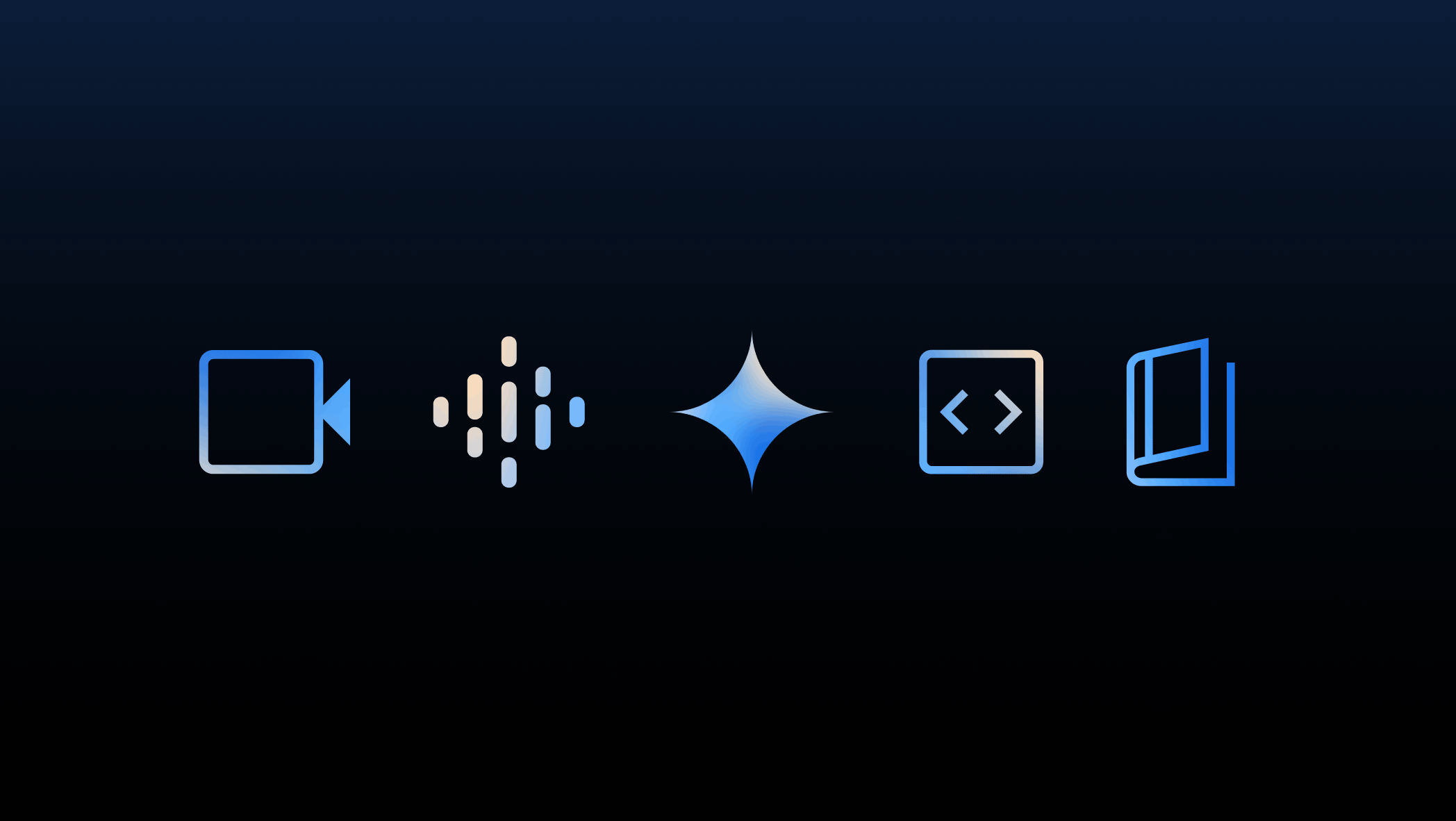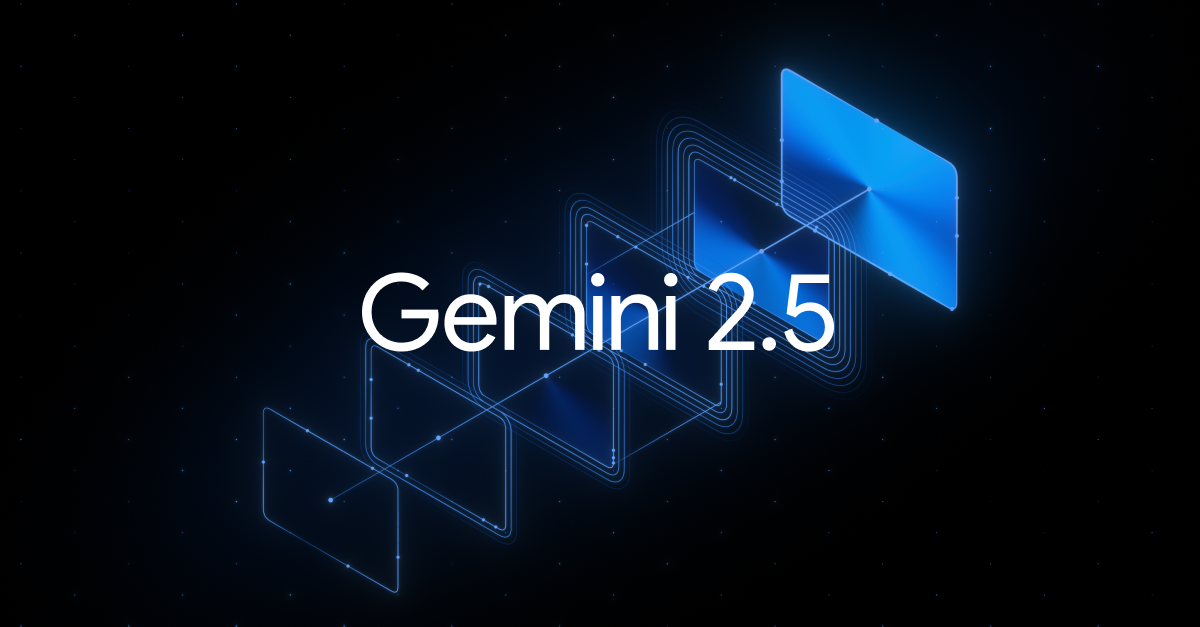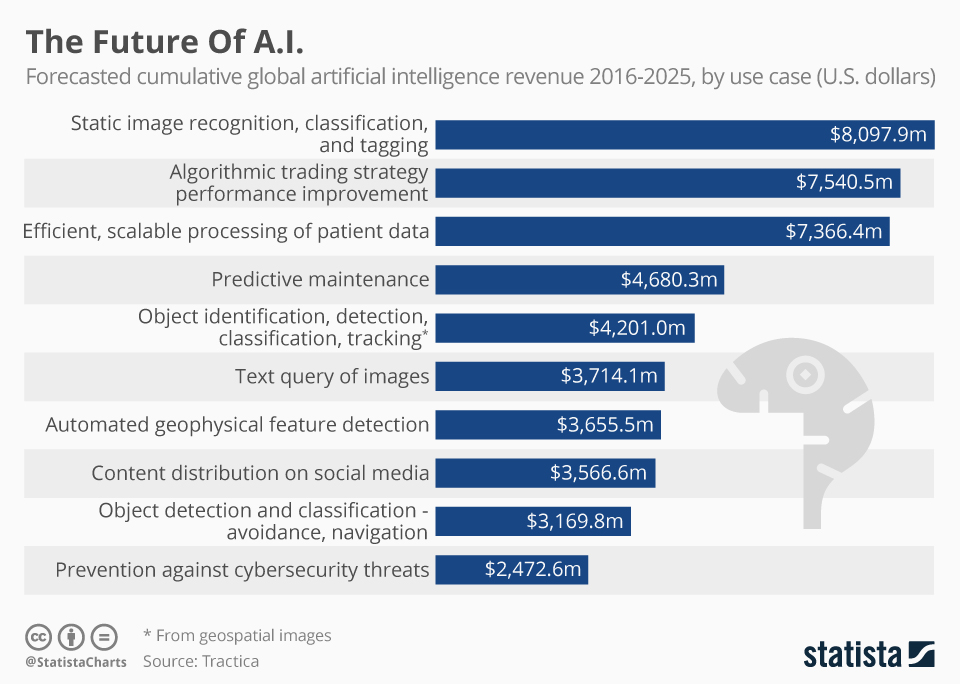OpenAI's GPT-4.1 Arrives, But Gemini 2.5 Pro Casts a Long Shadow ...
OpenAI recently unveiled GPT-4.1, along with its Mini and Nano variations, showcasing a strategic shift towards modular, developer-first infrastructure, moving away from the traditional monolithic general-purpose AI. These new models are accessible solely through an API, completely bypassing the ChatGPT interface.

With features like a one million token context window, enhanced code differentials, and structure-first outputs, GPT-4.1 emphasizes precision over showmanship. It caters specifically to engineers, being cost-effective, latency-conscious, and seamlessly integratable into enterprise workflows.
The Competition: Gemini 2.5 Pro
Despite the advancements in GPT-4.1, its limelight is somewhat dimmed by the presence of Google's Gemini 2.5 Pro, a formidable competitor widely recognized as best-in-class for code generation, deep reasoning, and multimodal comprehension as of April 2025.
Both GPT-4.1 and Gemini 2.5 Pro now support a one million token context window, yet their performance at such scales presents non-trivial challenges. While OpenAI aimed for a decisive lead, Gemini effectively neutralizes this edge.

In practical terms, Gemini offers more competitive input costs at a smaller scale, slightly outperforming GPT-4.1 at higher context lengths, particularly in reasoning-heavy or STEM-driven applications.
Real-World Implementations
Feedback from early-access users suggests that the benefits of GPT-4.1 are seen in hand-picked enterprise integrations, often in collaboration with OpenAI. Nevertheless, results may vary on a broader scale, emphasizing the importance of tailored solutions.

For developers seeking clean code, reduced hallucinations, and improved memory retention, GPT-4.1 provides a smoother coding experience. Meanwhile, the Mini and Nano variants offer cost-effective alternatives for companies handling numerous microtasks.
Technical Challenges and Advancements
While the million-token context window is technically impressive, it poses operational constraints, particularly at scale. Gemini exhibits greater stability in handling long-context scenarios, especially in document comprehension and scientific reasoning.
GPT-4.1 solidifies its integration within developer ecosystems, focusing on structured reasoning, latency management, and stability enhancements. However, the model faces challenges in price competitiveness and benchmark superiority posed by Gemini 2.5 Pro.
The Future of AI Development
As the AI landscape evolves towards context-aware agents, multi-modal coordination, and enhanced autonomy, the success of OpenAI's future models may necessitate a significant shift in approach. While GPT-4.1 caters to existing users within the OpenAI ecosystem, new adopters may find the decision between it and Gemini more nuanced.

In conclusion, GPT-4.1's journey lies not in grabbing headlines but in seamlessly integrating into production pipelines, serving as a crucial tool for developers and engineering teams.










